Closing In
Sat alone in her apartment, surrounded by stacks of newspapers and endless VHS tape recordings, she knew it would only be a matter of time before someone found out what she was up to.
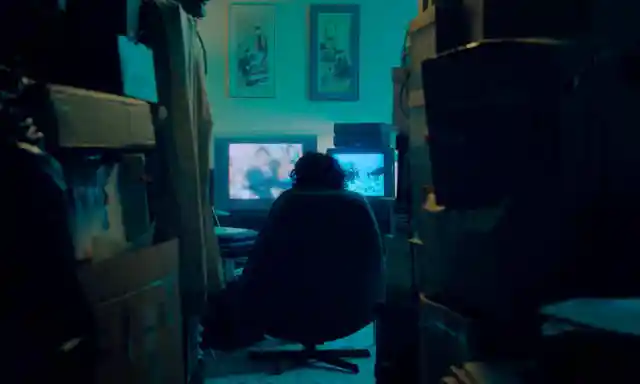

She had tried escaping to Cuba, used her wealth to shut herself off from the world… but when word of her obsession eventually got out, all eyes would be on her.
Dream Job
Marion Stokes didn’t trust the media. The Philadelphia native - an orphan raised by a working-class family - preferred to keep her own records, so her first job as a librarian seemed like a perfect fit.
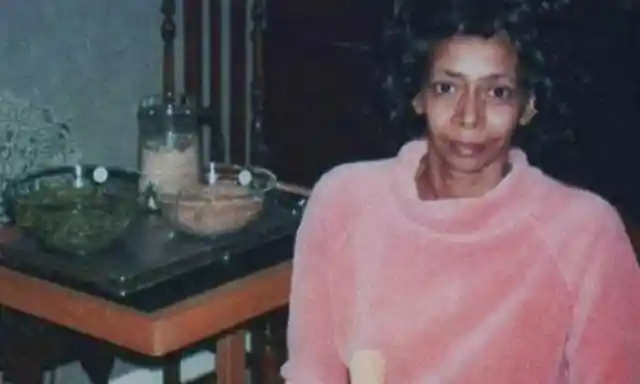
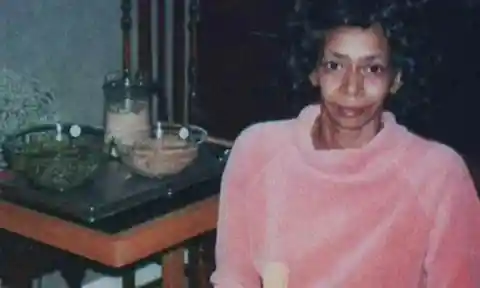
But what started as a job cataloging books would eventually develop into a 30-year obsession that would define her life - and attract the wrong kind of attention.
Young Activist
Marion got into political activism at a young age, developing left-wing views as she read everything she could get her hands on - until she met someone who would change the course of her life forever.
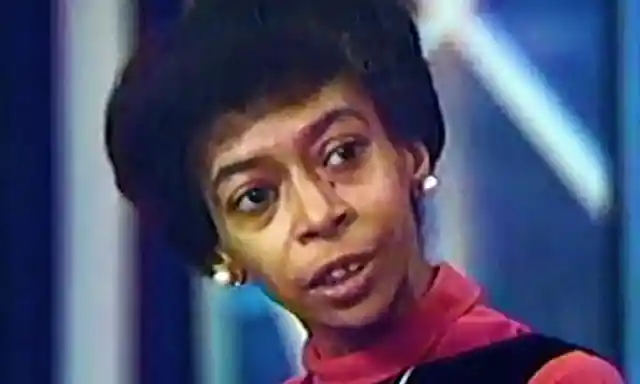
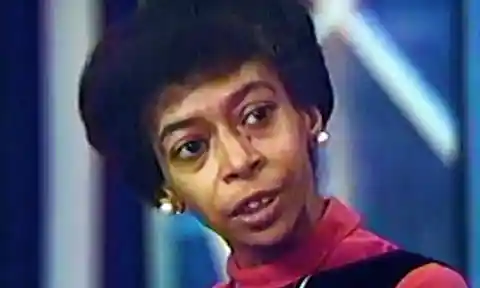
Marion fell in love with communist party member Melvin Metelits - but the romance would soon come to the attention of the authorities.
Melvin
Melvin was part of the Communist Party USA between 1963 and 1991. The pair were married and soon after, their son Michael was born.
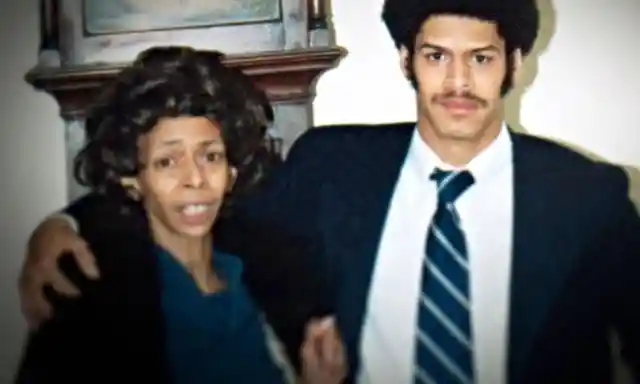
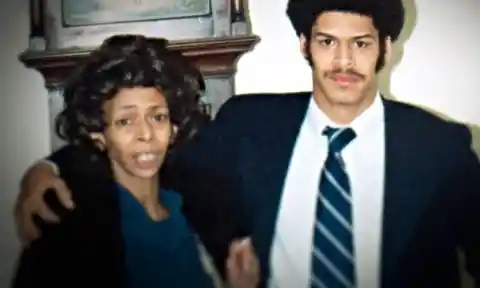
Marion had become enamored with Melvin’s communist ideals and it wasn’t long before she concocted a plan for the family to defect to Cuba. But she was soon stopped in her tracks.
Going Places
The Cuban government denied Marion entry to the country, not to mention her husband who was actually keen to stay put in the United States.
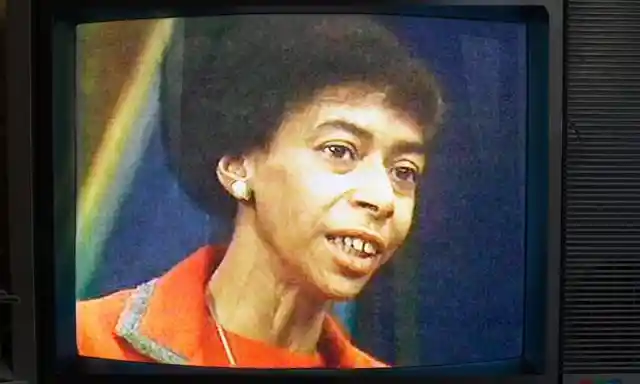
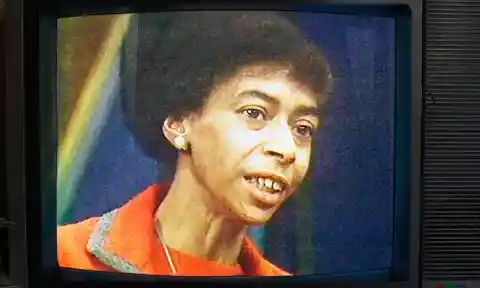
But soon after, Marion would turn her attention back to her career. After she was let go from her job as a librarian, Marion took a more high-profile role as a TV host - and it was here where a new romance would blossom.
Feisty Personality
Marion featured as a guest on political TV show ‘Input’, where she would meet her next husband John Stokes Jr, and was soon offered a permanent job as host.
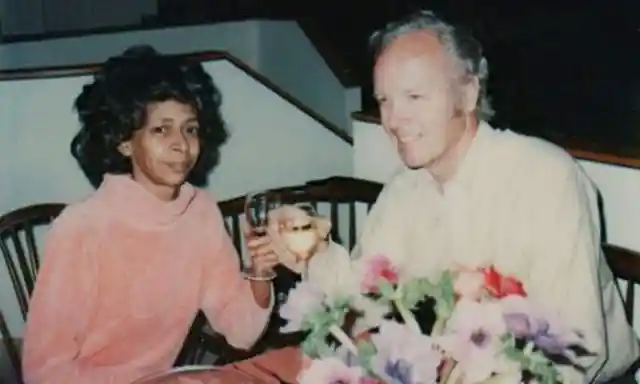
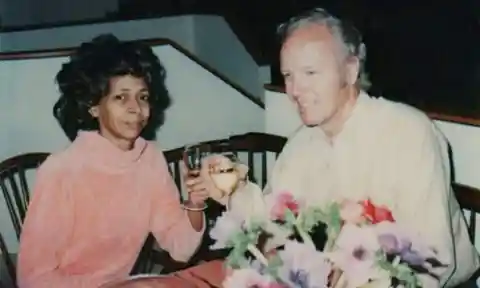
“The bizarre arc of my mother’s life is compelling,” Marion’s son Michael would say years later. “It was inspiring that my mother had an encyclopedic intellect, but she would use it in an adversarial fashion and that never made it easy to talk to her.” And it was that very personality trait that created a powerful adversary for Marion.
Obsession
“She was definitely spied on by the FBI,” her son Michael later confirmed. But of what possible interest could a former librarian turned TV host be to the Federal Bureau of Investigation?
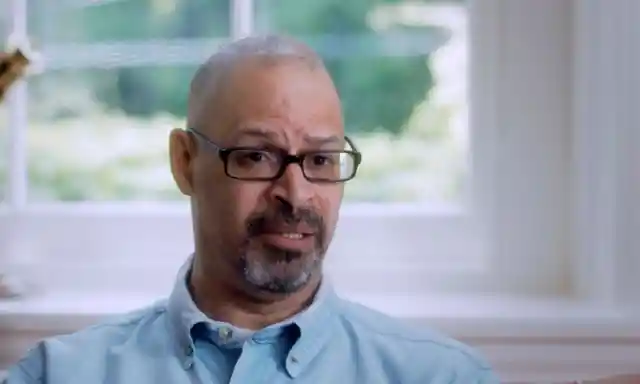
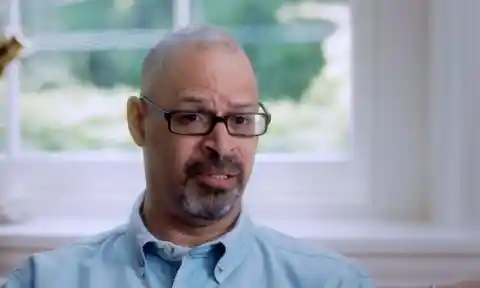
To get an idea of why she was being looked into by such a high-profile agency, we’d first need to take a look at her behavior when news of the Iran hostage crisis broke in November 1979.
Early Adopter
After marrying John, Marion became far wealthier than she had ever been in her life. This gave her access to several properties, not to mention technology.
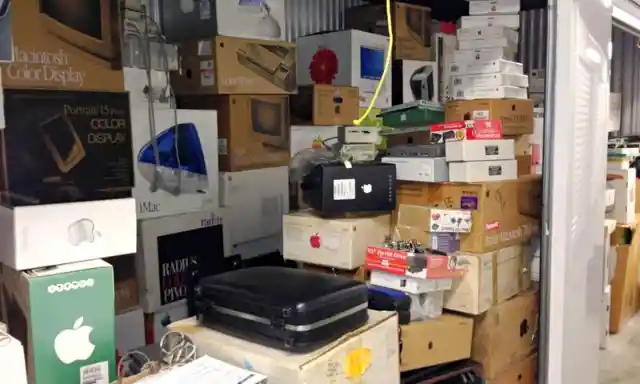
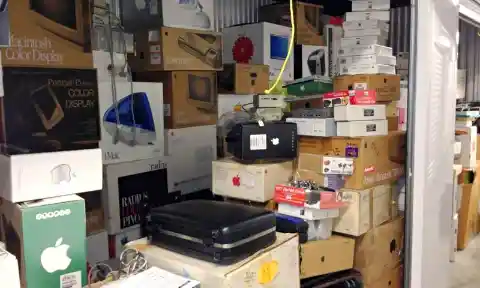
Marion saw the potential in Apple products - which would later be discovered in her storage unit in their original boxes. She made a fortune after investing in Apple stock when it was priced at just $7. But despite her love of innovative technology, her prized gadgets were several VCR machines and TV sets. And it was what she did with them that made her the subject of an award-winning documentary.
Hit Record
When she noticed discrepancies in how the Iran hostage crisis was being reported, Marion decided to start recording the news on her VHS recorders, setting up several devices to capture broadcasts from various channels.
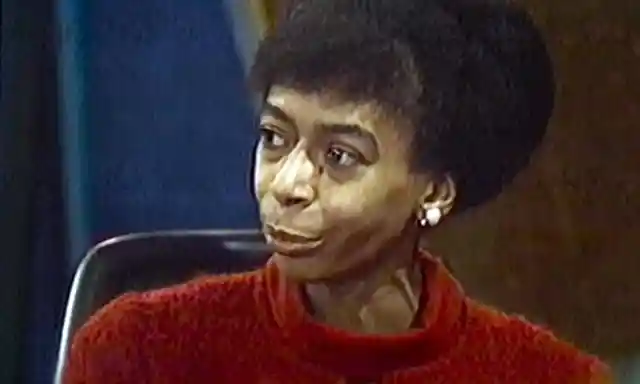

Eventually, she would be running a 24-hour operation to record all news, scouring it for inconsistencies and uneven reporting. She would have to stop whatever she was doing to change the tapes every six hours. And soon, her obsession would take its toll on her family.
Strange Life
“She became obsessed with the way stories were reported and how they changed,” Michael recounted. “I was 18 at the time and it struck me as strange. But my mother was strange for her whole life.”
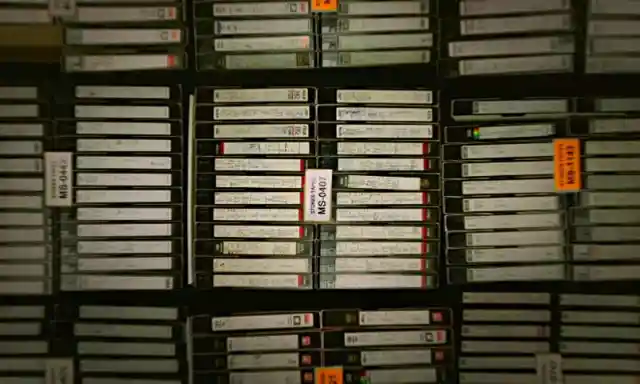
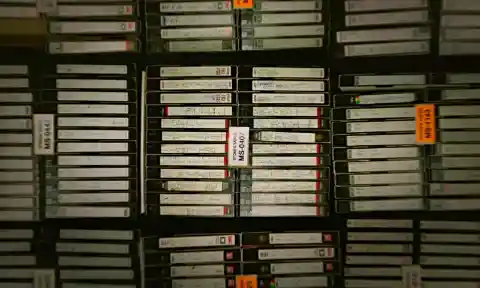
While it was not clear exactly why the FBI was looking into Marion, her communist background and distrust of government hardly make it surprising. But what they found in her apartment after she passed away raised more than a few eyebrows.
Binge Watcher
By the time of her death in 2012, Marion had amassed 70,000 VHS tapes and 40,000 books. She refused to adopt newer technologies that would have made the job easier, claiming that someone might be able to gain access to her archives if they were digitized.
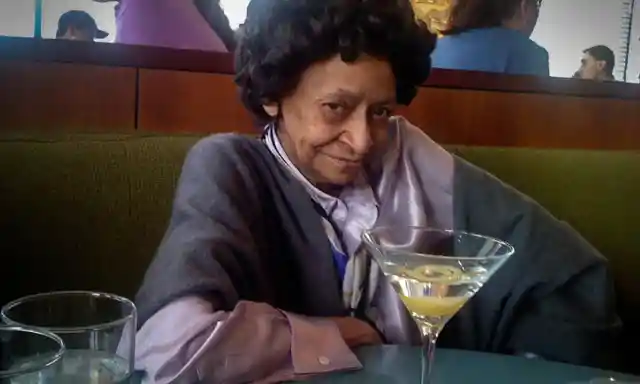
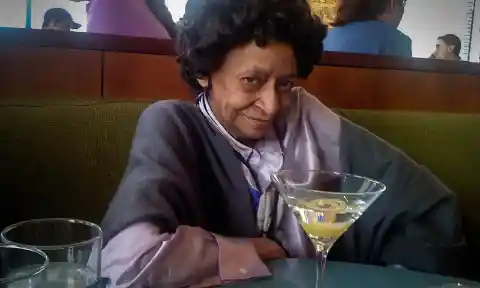
The FBI never launched a formal investigation into her, but she is the focus of documentary film ‘Recorder: The Marion Stokes Project’, an in-depth look at the kind of person Marion was and the purpose of her mission.
Impressive Collection
To make sure she never missed a minute, Marion would apparently walk away from conversations with her family in order to make sure there was a fresh tape in the recorder every six hours. Networks don't typically keep recordings of all broadcasts, so it's considered one of the most complete collections of TV archives in the United States.
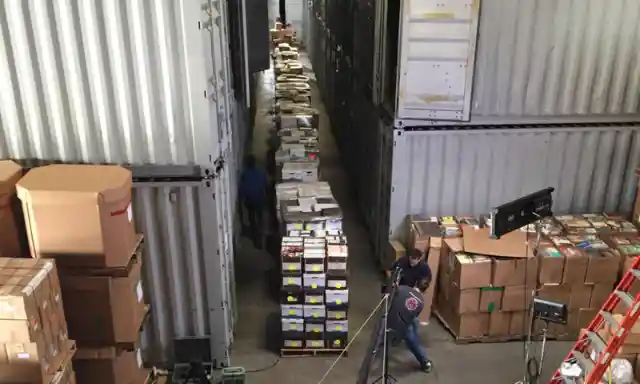

When she passed away, she left her collection to her son Michael with the explicit instructions that he donate it to a charity of his choice, although she might not have been too happy with the one he picked.
Uploading
Michael decided to hand over the tapes to the Internet Archive in California, which is working tirelessly to upload it all into a digital database, something Marion would likely have taken issue with. It took four shipping containers to move the collection.
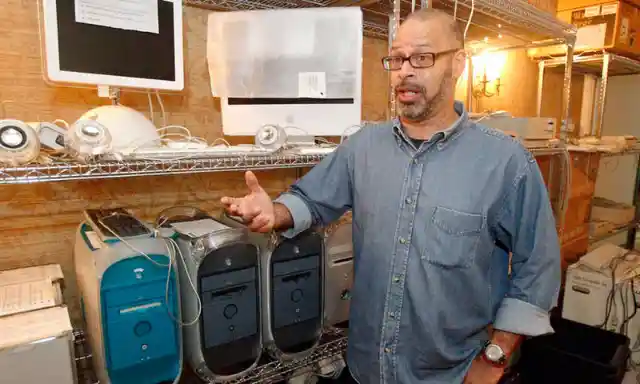
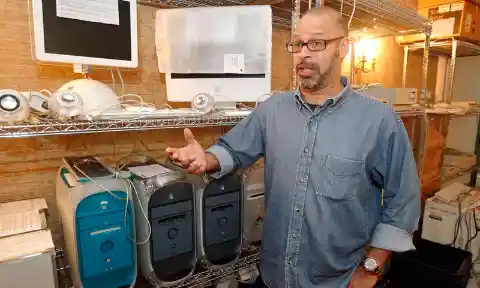
But the archive proved invaluable to filmmaker Matt Wolf, who was able to use the recordings to put together a picture of modern history as Marion saw it.
Hindsight
“Marion was so invested in knowledge and truth, it’s just that she didn’t know what would have meaning or truth in the future, so she had to record it all,” director Matt said.
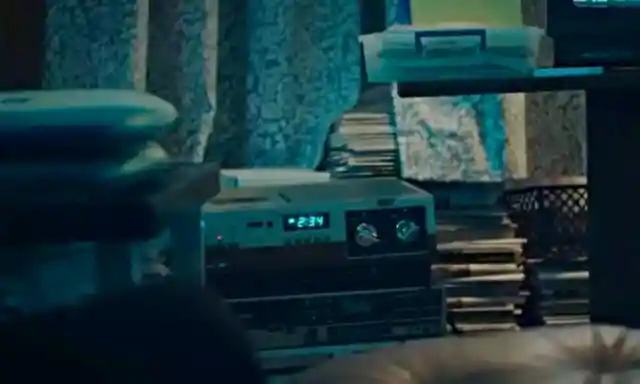

Matt argues that Marion’s recordings demonstrate how the media shapes our view of world events and that television has been an important but imperfect medium for informing us. Her son agrees, thinking she would be an important voice in today’s world.
Distorted Picture
“She was very much ahead of her time,” Michael said. “She wouldn’t be confused at all by the hall of mirrors we see in the news media and social media today. She believed that what she was doing was something of a tonic; a way to inoculate yourself from the chaos.”
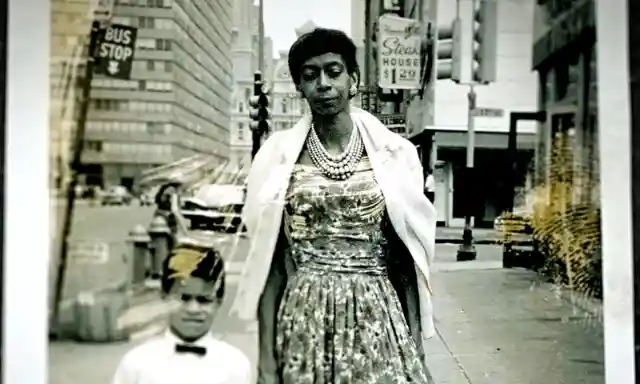
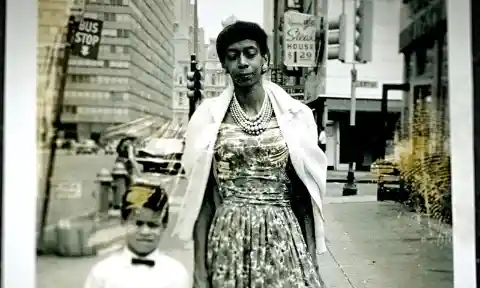
Maybe we should go back to more traditional methods of archiving history to make sure we have the most complete picture.